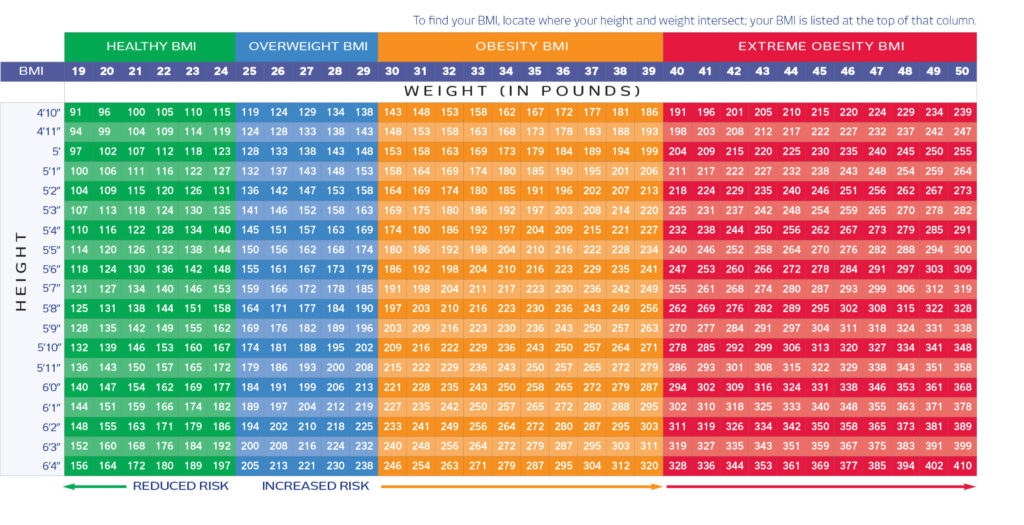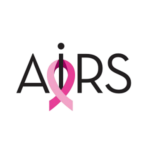
A diagnosis of breast cancer can cause many to evaluate their dietary intake and lifestyle. Incorporating a good diet during and after breast cancer treatment is an important factor in improving your energy, strength and overall well-being.
Before starting any diet, you may want to consider talking to a dietician to help guide you toward a healthy eating plan that is right for you. Contact your insurance provider to learn about nutrition services that may be available under your insurance plan.
Tips on healthy eating:
While there is no food or dietary supplementation that researchers have found to prevent cancer from returning, guidelines created by the National Cancer Institute, can help decrease the chances of breast cancer reoccurrence. Below are four tips they have outlined:
Tip 1 – Increase your intake of fruits, vegetables and whole grains
According to Stanford Healthcare, plant foods rich in fiber, antioxidants and phytochemicals have been shown to decrease the risk of cancer and protect the body from other chronic diseases such as diabetes and heart disease. Fruits, vegetables and whole grains also contain antiestrogen and chemopreventive properties that may prevent cancer.
In 2016, a study out of the Harvard School of Public Health found that women eating 1.5 servings of whole grain a day were less likely to get pre-menopausal breast cancer than those eating hardly any whole grain in their diet.
Tip 2– Minimize the amount of cured and pickled foods.
Bacon and other cured or pickled meats contain a substance called nitrate, which has the potential to cause cancer in laboratory animals when eaten in large doses. Some doctors say it is best to limit the amount of cured meats in the diet, because they are generally high in fat and salt.
Tip 3 – Achieve and maintain a healthy weight
According to the American Cancer Society, having more fat tissue raises estrogen levels in the body which can increase your chance of getting breast cancer. This might be important for anyone who is trying to reduce the risk of a future recurrence of a hormone-responsive cancer, even after being treated for cancer. Overweight or obese is defined by a body mass index (BMI) that is greater than 25 (overweight) or 30 (obese). The BMI chart below can help you quickly calculate your own BMI.

Tip 4 – Alcohol consumption should be done in moderation, if at all.
Many studies show an association between alcohol consumption and the development of breast cancer. According to US National Library of Medicine, even moderate alcohol consumption has been linked to an approximate 30-50% increased risk in breast cancer. Women diagnosed with breast cancer may want to consider avoiding alcohol.
Sources: National Cancer Institute, US National Library of Medicine, American Cancer Society, Stanford Healthcare, Harvard School of Public Health
